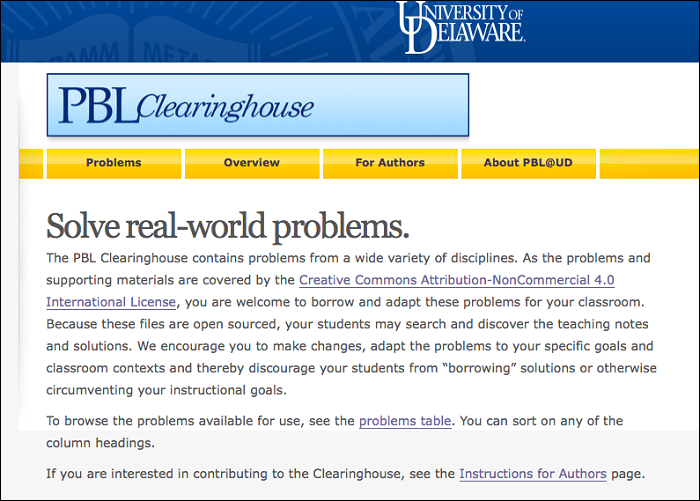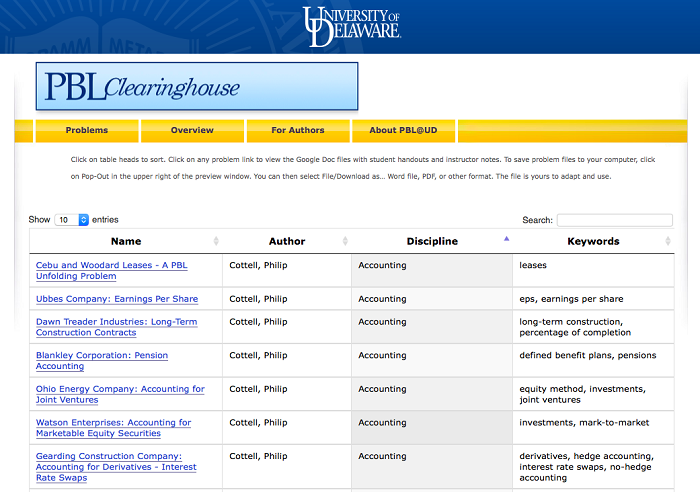- MN ABE Connect
- Archive
- Using Problem-Based Learning to Create One-Pot Lessons
 November 14, 2019
November 14, 2019
Using Problem-Based Learning to Create One-Pot Lessons
Stephanie Sommers, ACES CoordinatorFor people who have busy lives (and who doesn’t?), one-pot meals can be a huge time saver. You pile everything into a crockpot, for example, and eight hours later you come home to braised chicken with root vegetables or mushroom stroganoff. One-pot meals are designed so that everything cooks together, letting the flavors meld to create a dish that is rich and complex.
Recently, I have been thinking about lesson planning a little like one-pot meals. We know that the best lessons contain a combination of basic skills, soft or professional skills, and digital literacy – all of the ingredients for making our learners college and career ready. While teachers can plan individual lessons that address these different skills (main idea on Monday, critical thinking on Wednesday, Internet on Friday), combining these skills into one lesson or unit of instruction often yields better results.
One way to combine these three sets of skills is through using a problem-based learning approach.
This is also the focus of the new Content Standards Integration (CSI) Cohort that will launch in January 2020! (Applications are due Friday, December 6!) More information follows.
Problem-based learning
In problem-based learning, students explore a real-life problem and discuss and evaluate possible solutions. Problem-based learning scenarios give students relevant, meaningful situations to read, write, think, and talk about. They are the pot into which all of the skills our adult learners need can be stirred, creating a lesson that is sure to keep your students engaged and motivated. Have I got you hooked yet? And maybe also hungry? Read on to learn more.
If you search for information about problem-based learning on the Internet, you will find a variety of scholarly articles and also some tips for how to create problem-based learning scenarios. I was doing just this recently when I also found a clearinghouse of problem-based learning lessons from the University of Delaware. According to the website, the PBL Clearinghouse is a peer-reviewed online resource that provides educators with the opportunity “to submit and publish their own problems and articles on problem-based learning.” The resource is free and doesn’t require users to sign in or create any sort of account. It is also the newest addition to the Critical Thinking section of the ACES resource library.

The PBL Clearinghouse contains over 100 project-based learning lessons from a wide variety of academic disciplines. The lessons are all shared under a Creative Commons license and can be used as is or modified. When you click on a lesson, you are directed to a Google Folder that contains an instructor’s guide and student materials. The lessons in the clearinghouse are organized alphabetically by academic discipline, and the whole thing is searchable using keywords.

I did notice that a number of the lessons look to have been created in the early 2000’s, but the scenarios being described are still relevant today. One other thing to note is that the lessons were developed to be used in college classrooms. However, with a little “adaptive expertise,” I believe that many of the lessons could be used with our ABE learners. At the very least, they provide a framework for how to put together a problem-based learning scenario, and the lessons show the steps that are involved in using this approach.
Ready to Learn More?
Learn more about crafting lessons that include all three sets of essential skills – our MN ABE Content Standards – by joining the Content Standards Integration (CSI) Cohort that will launch in January 2020. Applications are due Friday, December 6. More information can be found on the ATLAS website under Key Activities.
Then take a spin through the PBL Clearinghouse collection, and tune in for Part II of this article, where I delve into some of the lessons available in this extensive resource! Here’s a little preview to whet your appetite:
- Dawn’s Eight O’Clock – a lesson about how to work successfully in a group in order to complete a project or reach a goal
- Roots: Exploring Our Distant Ancestry – a lesson that aligns to the biological sciences, and whose purpose is to get learners to craft a logical argument in order to defend a hypothesis
- Jobs, Jobs, Jobs and Tax Cuts – an economics lesson focused on getting students to state an opinion and then evaluate how they formed that opinion
Newsletter Signup
Get MN ABE Connect—the official source for ABE events, activities, and resources!
Sign UpArticle Categories
- ABE Foundations/Staff Onboarding
- ACES/Transitions
- Adult Career Pathways
- Assessment
- CCR Standards
- Citizenship
- COVID-19
- Cultural Competency
- Digital Literacy/Northstar
- Disabilities
- Distance Learning/Education
- ELA
- Equity/Inclusion
- ESL
- HSE/Adult Diploma
- Listening
- Math/Numeracy
- Mental Health
- Minnesota ABE
- One-Room Schoolhouse/Multilevel
- Professional Development
- Program Management
- Reading
- Remote Instruction
- Science
- Social Studies
- Speaking/Conversation
- Support Services
- Teaching Strategies
- Technology
- Uncategorized
- Volunteers/Tutors
- Writing